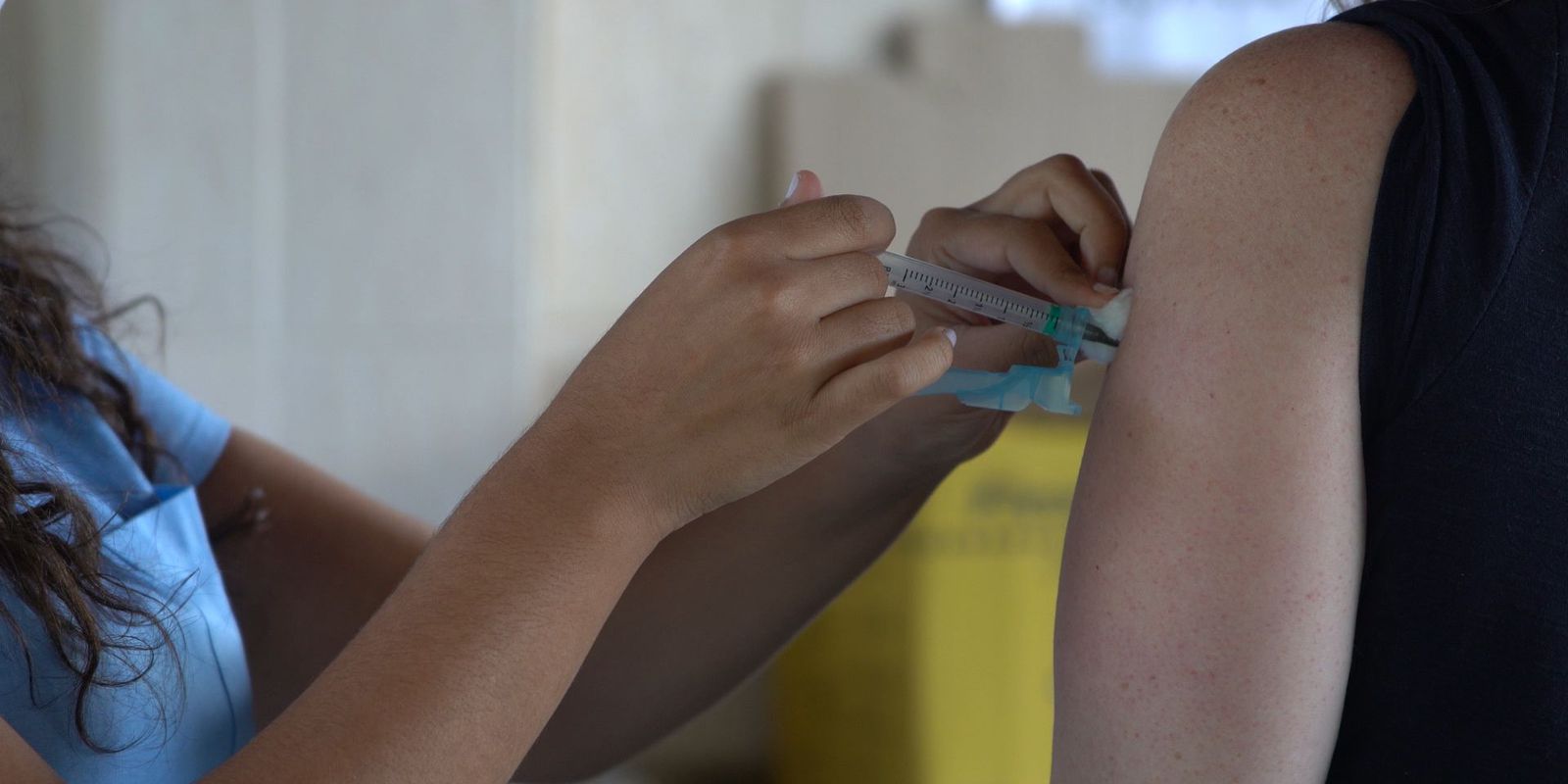The National Immunization Plan will receive R$ 1.4 billion for the purchase of vaccines against covid-19, announced today (22) the Special Secretary for the Treasury and Budget of the Ministry of Economy, Esteves Colnago. According to him, the ordinance with the release of resources will be published this Tuesday (23) in the Federal Official Gazette.
The money will come through a supplementary credit in the 2021 Budget, which reallocates discretionary (non-mandatory) spending, without impacting public accounts or breaking the spending ceiling. If the resources came through extraordinary credits, they would be outside the ceiling.
The government expects to buy 340 million doses of covid-19 vaccine next year. According to Colnago, the supplementary credit was necessary because the government needs to advance 10% of the contract value this year. “The bulk of the expense [com a aquisição de vacinas] it will be next year”, he declared.
According to the special secretary, expenses with the vaccine are already registered in the latest version in the Bimonthly Report on the Evaluation of Income and Expenses, released today by the Ministry of Economy. The document reduced the forecast of primary deficit – negative result of government accounts without public debt interest – from R$ 139.4 billion to R$ 95.8 billion in 2021.
Estimates
Commenting on the report’s new projections, Colnago highlighted that estimates for gross debt are much better than forecast by financial institutions. The document predicts that the General Government Gross Debt (DBGG) will end 2021 at 81.7% of the Gross Domestic Product (GDP, sum of the wealth produced in the country). If the Proposed Amendment to the Constitution (PEC) of the Precatório is approved, the indicator will remain at 81.9%. “It is a level well below what was being said by the market itself,” he said.
Regarding the forecasts for the primary deficit, the special secretary said that the government continues to move towards fiscal consolidation, by limiting the spending ceiling and the increase in revenue arising from the economic recovery.
“We have as the main variable, in addition to the control of expenses by the ceiling, the improvement in collection, well above what we imagined”, he declared. Colnago noted that the administration could use the fiscal space that usually appears towards the end of the year to send Congress a bill to restore discretionary spending.
The secretary commented that the primary deficit could reach close to zero in 2022 were it not for the PEC dos Precatório and the increase in social spending. Although next year’s deficit will increase from 0.5% to 1.5% of GDP if the PEC is approved, Colnago said the negative result will regress to 2015 levels.









